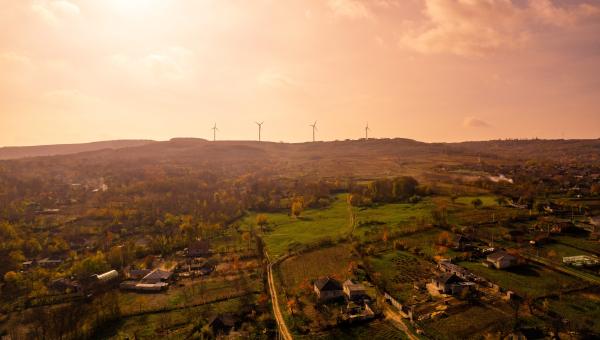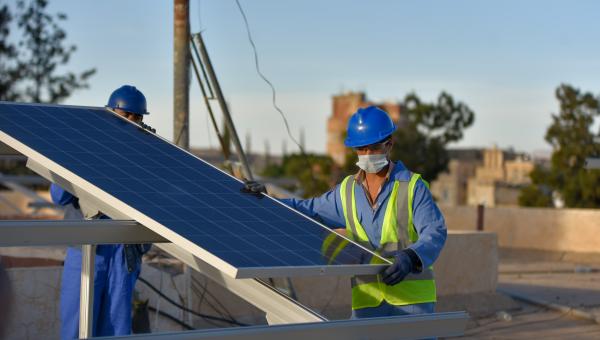Stakeholder Engagement for Uranium Legacy Remediation
Central Asia - Phase II
Background
Phase II of the project is designed to address the safe governance of uranium legacy sites with active engagement of the local communities living in the pilot areas through targeted interventions, aiming to reduce the uranium waste risk and radioactivity risk to their health, livelihoods, and environment.
Objectives
The project will focus on risk-informed solutions as well as people-centered and gender sensitive activities such as public advocacy and outreach campaigns; improving regulatory environment through effective community engagement in the decision-making process; strengthening national and cross-border cooperation in uranium legacy remediation and carrying out targeted community level socio-economic interventions to reduce the risk of uranium legacy sites in at-risk communities.
Major Achievements
- More than 2500 people covered by awareness raising and outreach activities.
- Over 100 consultations conducted among local stakeholders on radioactive safety measures.
- 20 small-scale safety measures implemented to bridge safety and information.
- 4 socio-economic assessments completed to inform tailor-made solutions in at-risk communities.
- 23 pilot demo projects implemented to support socio-economic development in the pilot regions.
- The Museum of the History of Mailuu-Suu and the Uranium Heritage of Kyrgyzstan opened on 16 June 2022. Around 1200 visitors visited the educational museum on uranium mining in 2022, including students and tourists.
Related Materials
Impact
Related content

 Locations
Locations





